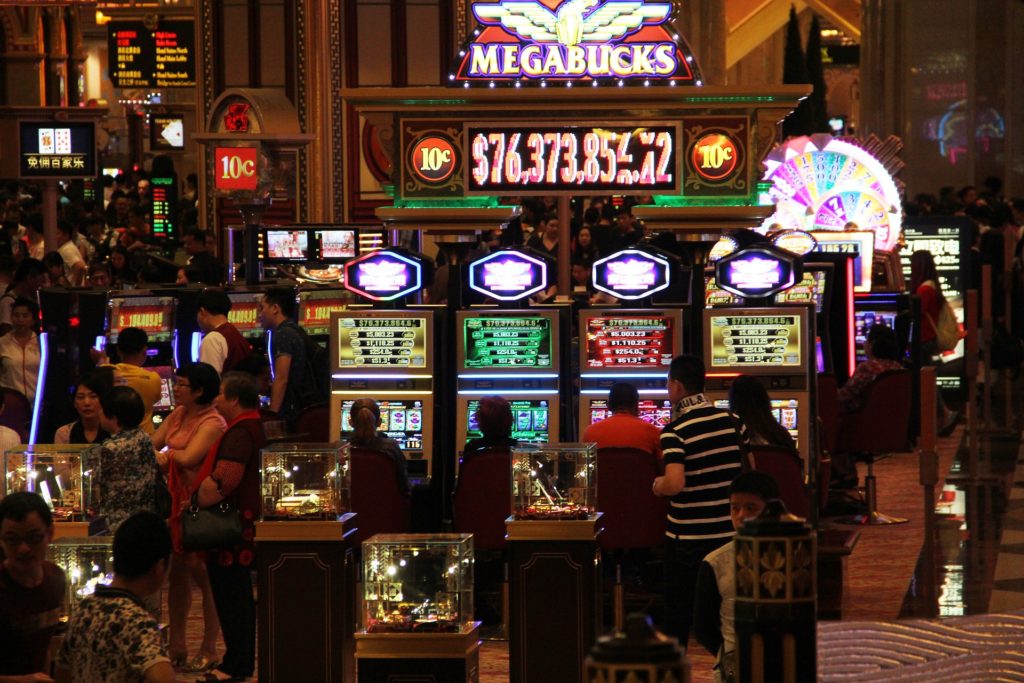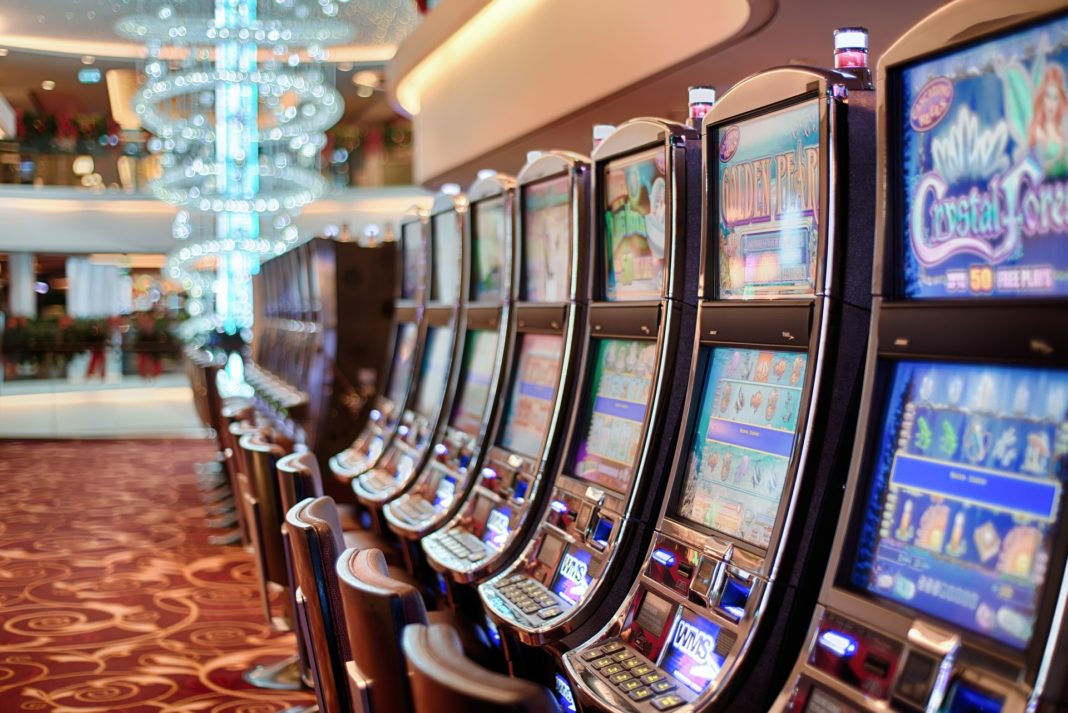The absence of tourism and massive lockdowns because of the Covid-19 pandemic triggered major losses to the casino gaming industry in the U.S. and the world’s gambling capital of Macau.
For the second quarter of the year, at the onset of the pandemic, travel restrictions and social distancing measures were imposed all over the world.
Casino and gaming operators had to submit to strict health guidelines resulting in disruptions in operations and eventually incurring record losses due to a dip in visitors.
In the United States, commercial gaming revenue for the second quarter of 2020 totaled only $2.30 billion. This is a steep 78.8 percent year-over-year contraction, according to the American Gaming Association’s new Commercial Gaming Revenue Tracker.
Due to the impact of the COVID-19 pandemic, the U.S. gaming industry saw revenue decline in nearly every reported vertical compared to the same period last year.
AGA President and CEO Bill Miller describe Covid-19 as “the most difficult economic challenge” the casino gaming industry has ever faced.
Contrary to recent revenue declines, commercial casinos demonstrated strong consumer demand in 2020 when open for business, the AGA reported in a statement Thursday (August 13).
Before all 989 U.S. brick-and-mortar casinos closed their doors in March, combined commercial gaming revenue for January and February was up 10.4 percent year-over-year.
Return of casino gaming operations show recovering gaming yields
With the return of casino gaming in the second quarter, several U.S. states reported an uptick in average daily gaming yields per open casino despite operating in a limited capacity, game availability, and amenities.
While April and May both experienced year-over-year Gross Gaming Revenue declines north of 90 percent, June saw nearly 300 commercial casinos reopen throughout the month and, as a result, revenue was nearly four times greater than the previous two months combined.
As of the first week of August, more than 85 percent of casinos in the U.S. are now open including 9 in 10 commercial casinos that have implemented stringent, regulator-approved health and safety plans.

“The gaming industry has been a leader in implementing rigorous, innovative protocols that have allowed the vast majority of our properties to reopen and stay open,” said Miller.
“With business returning to casino floors and sportsbooks seeing increased action, the gaming industry is steadily charting a responsible path to recovery that prioritizes health and safety, support the communities where we operate and offers first-class entertainment,” he added.
Meanwhile, sports betting activities experienced a sharp decline in revenues in the second quarter due to the shutdown of sports activities. Despite this setback, the sector is still up slightly (4.1%) in the first half of 2020 as a result of a record start to the year and increased legal options.
As more of their patrons have shifted to home-based betting, iGaming is the only gaming vertical that has posted growth year-over-year in Q2 posting more revenue than sports-betting activities. According to the AGA, online casino gaming is only legal in six states: Delaware, Pennsylvania, Nevada (poker only), New Jersey, and Michigan.
Macau casino gaming revenues drop over 90%
What the American casino gaming industry felt is even modest compared to what the world’s casino gaming capital Macau has been experiencing for seven months now.
Since the first cases of Covid-19 erupted in mainland China in January, Macau gaming revenues are already in the red.
In January, Macau’s gross gaming revenues have already fallen 11.3% with a MOP22.13 billion ($2.77 billion) GGR compared to the previous year’s MOP24.9 billion ($3.12 billion).

According to Macau’s Gaming Inspection and Coordination Bureau, Gross Gaming Revenues further dropped to as much as 97% in June with only a MOP706 million($88.5 million)in revenues. It has been seven months of consecutive drops in revenues reported in the special autonomous region of China.
From January to July, accumulated gross revenues are only at MOP35.06 billion ($4.4 billion) compared to last year’s MOP173.96 billion ($21.8 billion) in gross revenues. This is a 79.8% drop compared to the year-over-year.
Casino gaming industry analysts identified the lockdowns, drop in tourism, and the mandatory 14-day quarantine for all arrivals from Macau to the mainland as reasons for the huge dive in visits to the special autonomous region.
In the first half of 2020, visitor arrivals to Macau were at 3.3 million, down 84% year-on-year, in which overnight visitors and same-day visitors both decreased 84% year-on-year.
Mainland visitor arrivals to Macau were at 2.3 million, down 84% year-on-year. For Q2 2020, visitor arrivals to Macau were 49,730, down 99% year-on-year. Mainland visitor arrivals to Macau is at 46,360, down 99% year-on-year.
Macau confirmed its first case of COVID-19 on 22 January, on the same day the DICJ required all staff in casinos to wear protective masks while at work. The Macao Government Tourism Office also announced that all activities and events it had planned for the Chinese New Year period would be canceled. Within a week, group travel tours to Macau and Hong Kong were also suspended.
Galaxy Entertainment Group reports 76% net revenue drop
On Thursday (August 13), one of Macau’s big-time casino operators, Galaxy Entertainment Group released their second quarter and the first half of 2020 financial report showing huge drops in earnings.
GEG, a Hong Kong Stock Exchange-listed company is one of the world’s leading resorts, hospitality, and gaming company. It currently operates Galaxy Macau, StarWorld Macau, and Broadway Macau properties.
For the first six months of the year, Group Net Revenue is at $6.22 billion, down by 76% year-on-year.
Hotel occupancy for Galaxy, Starworld, and Broadway properties has also been low posting single-digit 4% to 9% occupancy rates.
The Group’s total GGR on a management basis in the 1H of 2020 was $6,006 million, down 80% as total mass table GGR was $2,953 million, down 80% and total VIP GGR was $2,790 million, down 81% year-on-year. Total electronic GGR was at $263 million, was also down 78% year-on-year.
Galaxy Entertainment Group Chairman Dr. Lui Che Woo said:
“COVID-19 had an adverse impact on our financial results in Q2 and the first half of 2020, as Mainland China, Hong Kong, and Macau faced travel restrictions and social distancing. These restrictions resulted in a significant reduction in visitor arrivals and subsequent decline in revenue.”
While arrivals to Macau are slowly increasing as restrictions are lifted, the group said in their statement that it is still premature to comment on how quickly the casino gaming market can recover.
The group said that the Covid-19 crisis will continue to have adverse results in their 2020 financial results which many gaming analysts claim to be already ‘a lost year’ for the industry.
“Going forward we expect to experience further headwinds from the pandemic, which will have an adverse impact on our financial performance. However in the medium to longer term, we continue to remain optimistic in the outlook for Macau in general and GEG specifically,” Woo said.
Read More: Travel Operator TUI Reports €1.42 Billion Losses Due to Covid-19



